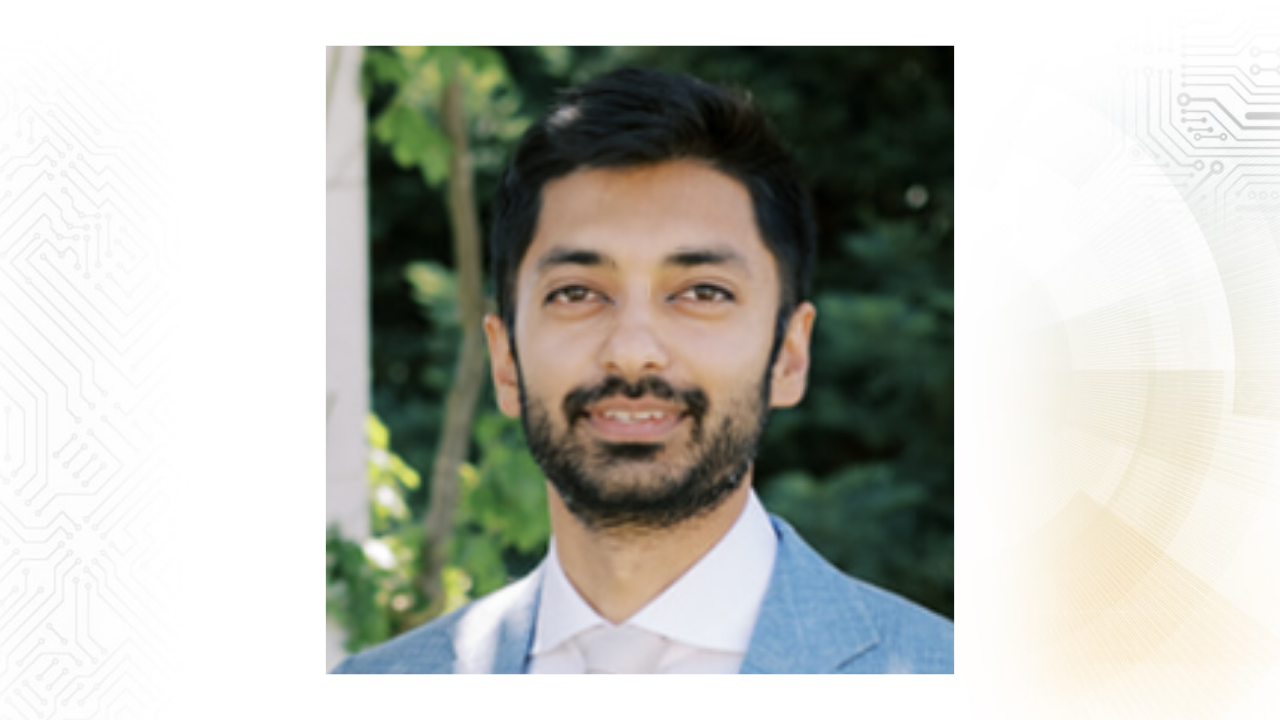
Biography: Manish Mamidanna, B.S. '12, Ph.D. '17
Manish Mamidanna
R&D RF/Microwave/Millimeter-wave Hardware Engineer, Signal Analysis-High Frequency Measurement (HFM), Keysight Technologies
B.S. Electrical Engineering, '12, Ph.D. Electrical and Computer Engineering, '17
Manish Mamidanna is currently an RF/Microwave/Millimeter Wave R&D Hardware engineer at Keysight Technologies, a U.S. technology company that specializes in electronic test and measurement solutions. His current work entails design of the next generation of millimeter wave hardware in Keysight’s flagship, performance spectrum analyzer product line. Manish got his B.S. from UC Davis in 2012 in electrical engineering, and continued to complete a Ph.D. in electrical engineering under the advisership of Professor Anh-Vu Pham. His research work involved working on millimeter wave organic packaging for satellite and plasma diagnostics applications, as well as front-end components for wideband instrumentation. During his Ph.D., he held an internship role at L3 Narda Microwave West for three consecutive summers working on satellite receiver front ends. Subsequently, he had three consecutive summer internships at Keysight Technologies, where his work was critical in the development of the world’s first high performance single sweep spectrum analyzer capable of measuring signals up to 110 GHz with up to 5 GHz instantaneous bandwidth. He liked working at Keysight technologies so much he joined full time in 2018 after graduating in 2017.
We recently took a moment to catch up with Manish to learn more about what technology excites him, and also to reflect on his biggest influences when he was a UC Davis student.
What research or technology are you most excited about right now, and why?
I am excited most by the development and application of new materials (nanotechnology, graphene, meta-materials, advanced composites, sustainable materials, etc.) for a variety of different applications in energy, communications, medicine, etc. Materials that may unlock new architectures and systems in their own domains, but can also push the performance of existing ones. As with all technology waves, newer engineers will be trained to design new components and systems utilizing these new materials and technologies, which will be exciting to watch as it happens.
How did your time at UC Davis impact you and/or prepare you for your career?
UC Davis gave me a multi-disciplinary mindset. I was exposed to a broad set of ideas, people, and experiences that I will hold with me for the rest of my professional and personal life. Additionally, at every stage of my schooling, I met people that believed in my abilities, and supported me. I take those lessons with me and hope to pay them forward.
Did you have a favorite course or instructor at UC Davis?
I would have to say I had two favorite courses and instructors. I started in Davis as a chemical engineer, and then switched to computer engineering, intending to dive into the world of computer architecture. After taking EEC 110A, I began to get more interested in analog circuit design. I decided to take EEC 110B with Professor Stephen Lewis and was instantly drawn to the subject as a result of his awesome teaching style, and interest in helping students master the subject.
My foray into analog design was due to the ability to build circuits and systems that interface with the natural world. In almost a natural progression, I was even more blown away by RF circuits and electromagnetics after I decided to take EEC 130B and the 132 series with Professor Branner. His enthusiasm for the RF and Microwave field is infectious and had a strong influence on my choice of career.
What advice would you give to young people who are currently seeking a degree in electrical and computer engineering?
Be practical and try to maintain a broader societal and communal view with whatever you do. Community at the micro-cosmic level could even just mean your engineering team, since most engineering is a team endeavor. In the century we live in, the world has a lot of challenges, and not everyone will solve every problem out there, but if you can understand and be mindful of the implications of what you’re doing and its impact on others, I think that will make you a better engineer and person. Additionally, projects and internships are a fantastic way to stand out from the rest of your peers and it provides a way for you to sample different specializations.
